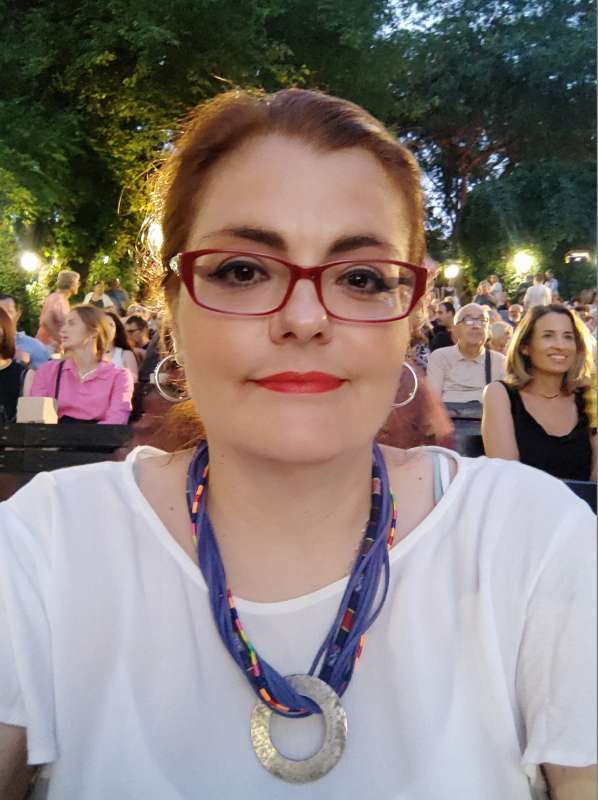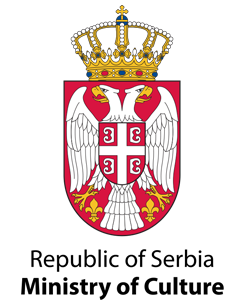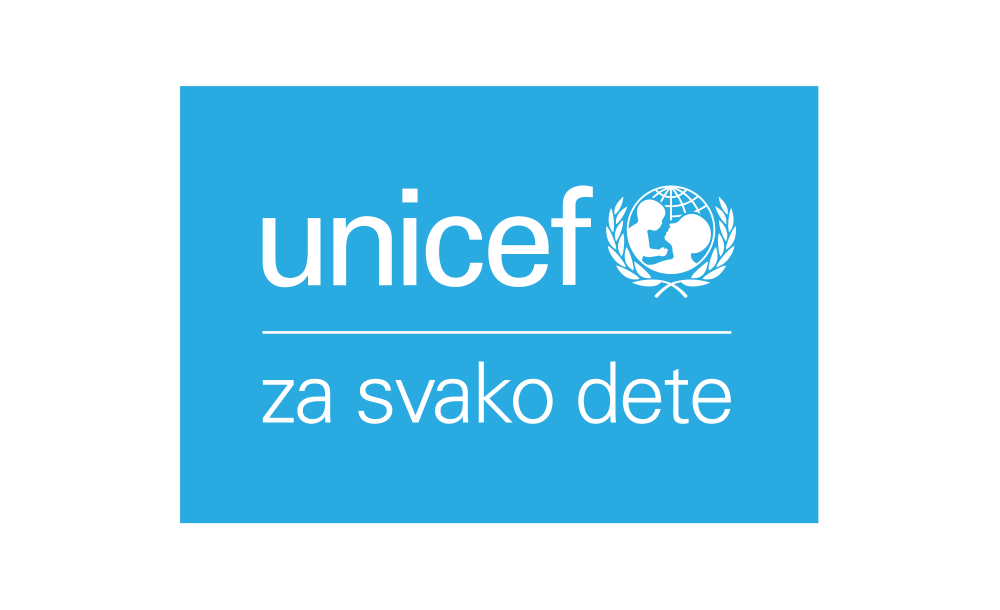Dr Ivana Kronja is the president of the jury of the Nebojša Đukelić Awards competition programme, which chooses the best regional films. Kronja is a film theorist and film critic, and in recent years she has been a member of the jury at several film festivals in Serbia and the region (Infant, Motovun, FAF, LIFFE...)
We talked to her about the jury, the Nebojša Đukelić Award and film criticism today for the FEST website.
If we look at your critical oeuvre, but also various juries in which you have participated, and the large number of scientific works on media and film, it seems that you are a member of the Neboša Đukelić Awards Jury who has a great responsibility?
Participation in juries is always a pleasure, as well as a responsibility, since the awards impact the careers of filmmakers. As a critic and selector in recent years, I am particularly familiar with regional films, which I can say have ‘matured’ over the years, and often manage to surprise. It is the same with the films at this year's FEST.
This year in the race for the Nebojša Đukelić Award, the competition is quite fierce. One gets the impression that before you and your colleagues in the jury is not an easy task at all?
Our jury evaluates films of the countries of former Yugoslavia from the Main Competition Programme. I can only say that these are very good films, and we will make a final decision at the end of the festival.
If the monographs that are part of your CV are added to the mentioned critical oeuvre, and to the previous experience of judging, one gets the impression that your reflection on film goes beyond the scope of current film criticism?
My career, from the end of my studies at the Faculty of Dramatic Arts until today, connects academic research and writing about culture and film with work at festivals and critical monitoring of the domestic and foreign film scene. In my reviews, I like to combine an insight into the social and culturally engaged context of the film with a classical review of the means of expression it uses. Although today the most represented is the so-called journalistic criticism, focused on news, film content, trends, etc.,so-called expert criticism is a legitimate part of a critic's job. I think that all forms of writing about film are equally important, and that they complement each other, and the genre of criticism in which you will write, even if it is the ‘easiest’, does not exclude expertise and great knowledge of film art.
Why and how, in your opinion, did our educated public allow the critical review of the film to be reduced to the fact that today there is almost no film criticism as a genre, especially in the mainstream media, and the shows ‘Pokretne slike’, ‘Moderna vremena’, ‘Petkom u 22’, ‘Festovizija’, which was hosted by Đukelić, after whom the jury that you chair is named, had a prominent place in the primetime of the most watched channels?
First of all, it is a media crisis and a commercialization and excessive politicization of the print and other media, in which there is not enough room for culture, art and highly qualified criticism, nor are finances provided for it. Cultural policy in the world, not only in our country, treats art as a media commodity, not as a national resource, or at least not to a sufficient extent. Film festivals are therefore crucial, because they restore the authority of high-quality film art, confirming the importance of the unity of knowledge, talent and popular communication for the audience, as well as for artists and all those who work on and around film, including us critics, aesthetes,
historians and other film lovers.












